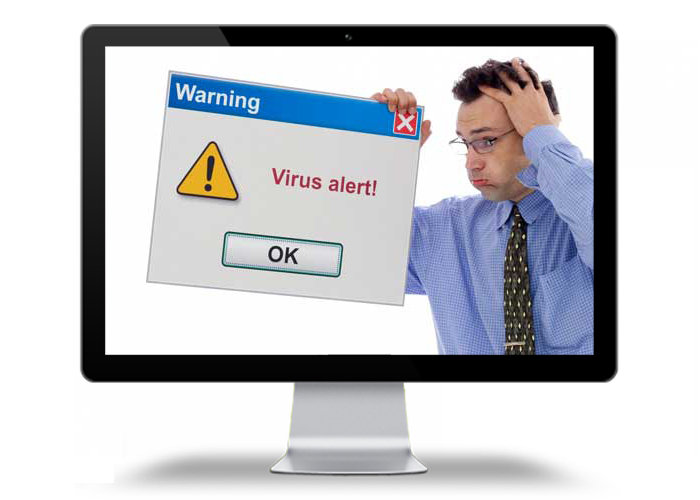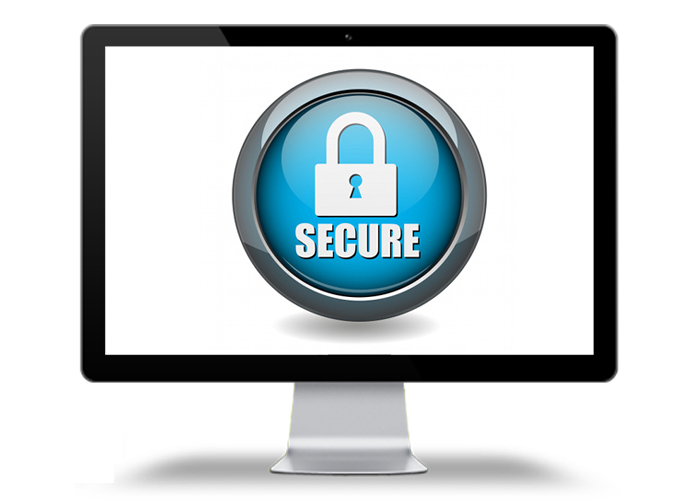Symptoms of a Virus Attack:
Viruses are triggered off in many ways. Some viruses are triggered by booting of the system while some are triggered by execution of an infected program. Some viruses are triggered off by a date, for example, Jerusalem-B virus waits for Friday the 13th. It deletes the programs files you execute on this day.
- Slow booting and program execution.
- Long time taken to access the disks.
- Change in the size of executable files
- Irrelevant error messages appear on the screen.
- Disk drive indicator lights come on without reason.
- System hangs periodically, which means it stops responding to your instructions

Computer Security:
Computer Security includes procedures and techniques that are designed to protect a computer from accidental or intentional theft, unauthorized access, or manipulation. It can cause serious or to both the individual user and the organization. It May lead to off a very important data or wastage of productive man hours.
To enhance the security and health of your PC (Personal Computer), follow the tips give below:
Use Anti-Virus software:
Anti-virus software is an application program run to detect or eliminate a computer virus or infection.
Anti-Virus programs can be divided into two categories:
Scanners:
They are the programs that scan the disk and detect viruses. These programs check the disks for known viruses and inform the user if any infected files are found.
Antidotes:
Antidotes are the programs which clean the disks, deleting the virus code from the infected files.
Most anti-virus software’s available these days perform scanning as well as removal of viruses. Some popular anti-virus software’s are:
- Norton Anti-Virus
- McAfee
- Zone Alarm
Be Wary of E-mail Attachments
Viruses can hide in an attachment. Opening it will unleash the virus. Don’t open an attachment from anyone you don’t know. Even if you do know the sender, an infected attachment may have been surreptitiously sent from an infected machine. The safest thing to do is to scan the attachment with anti-virus software before opening it.
Install a Firewall on Your Computer:
A Firewall is a software program that blocks unauthorized access to your computer. This is particularly important if you are frequently connected to the Internet.
Backup Your Data:
Make copies of your files. Get in the habit of doing this on a regular basis. You can use the back-up copy in case your system fails or files become corrupted.
Log off from the Net As You Are Done:
You are most vulnerable when connected to a network or the Internet. So, if there isn’t good reason to remain online, disconnect from the net as soon as you have finished your online work.
Update Security Patches operating System and web Browser
You’ve probably read about security “holes” that turn up periodically. Once they are discovered, you can download fixes. For Windows users, an easy way to update your system is to click on the Windows update option under the start menu or by using the
Link: www. Windowsupdate.microsoft. com in your Web browser.
Pay Attention to Passwords
May online Services, such as banking and e-mail require the use of passwords. A secure password is the first line of defence against cyber snoops. Use a different password for each account, don’t divulge them to anyone and change them periodically.

Leave a Reply